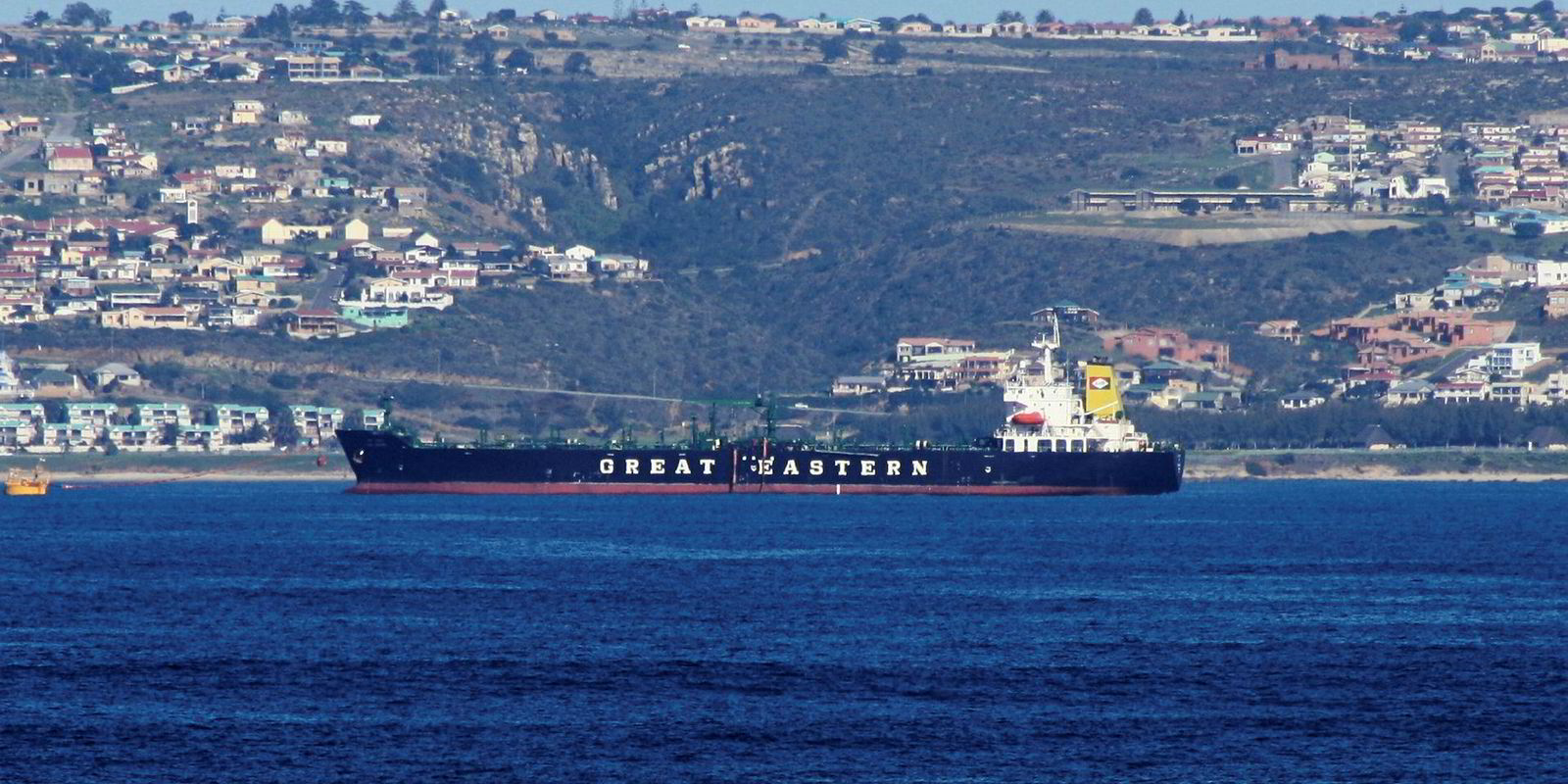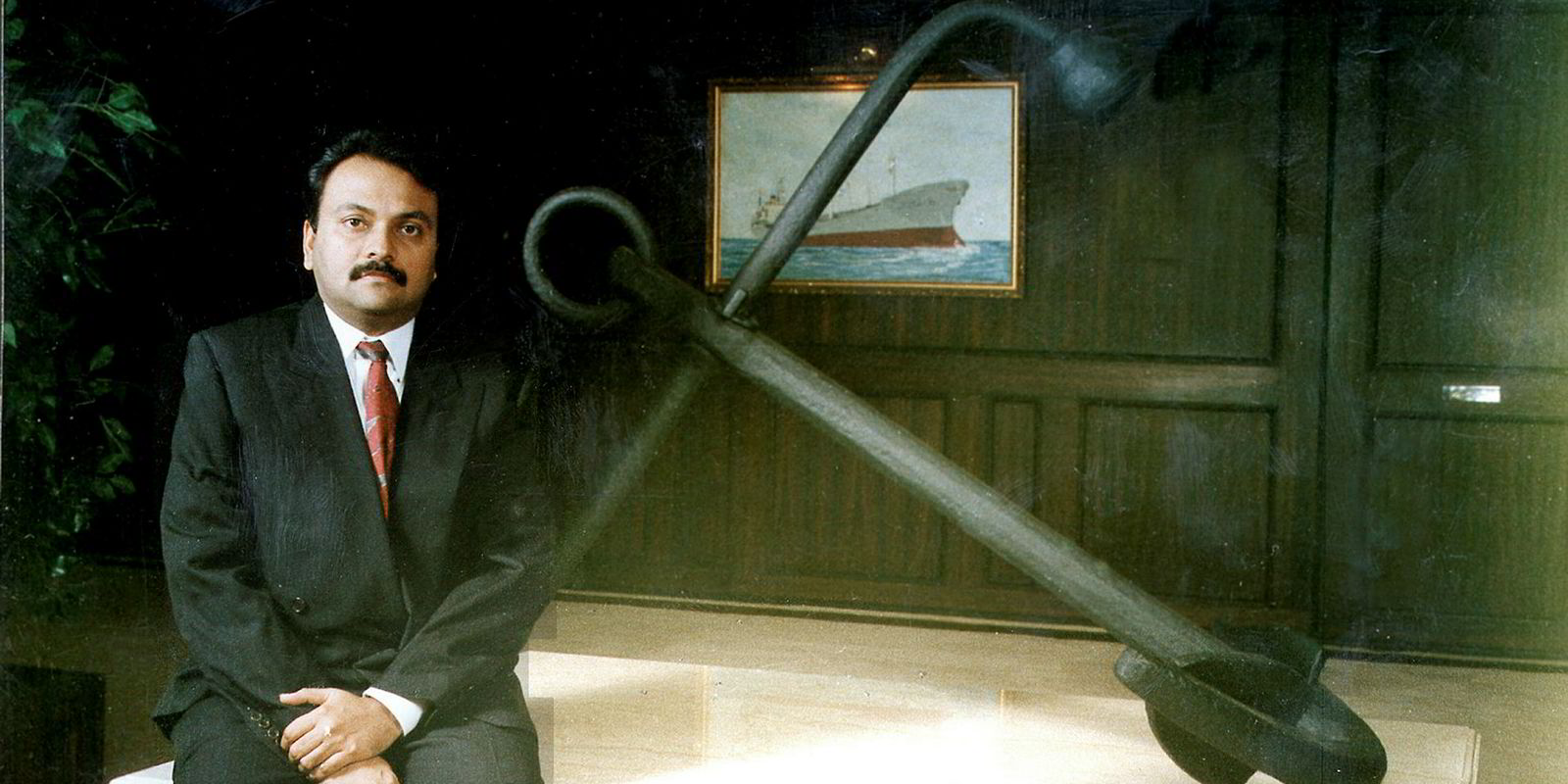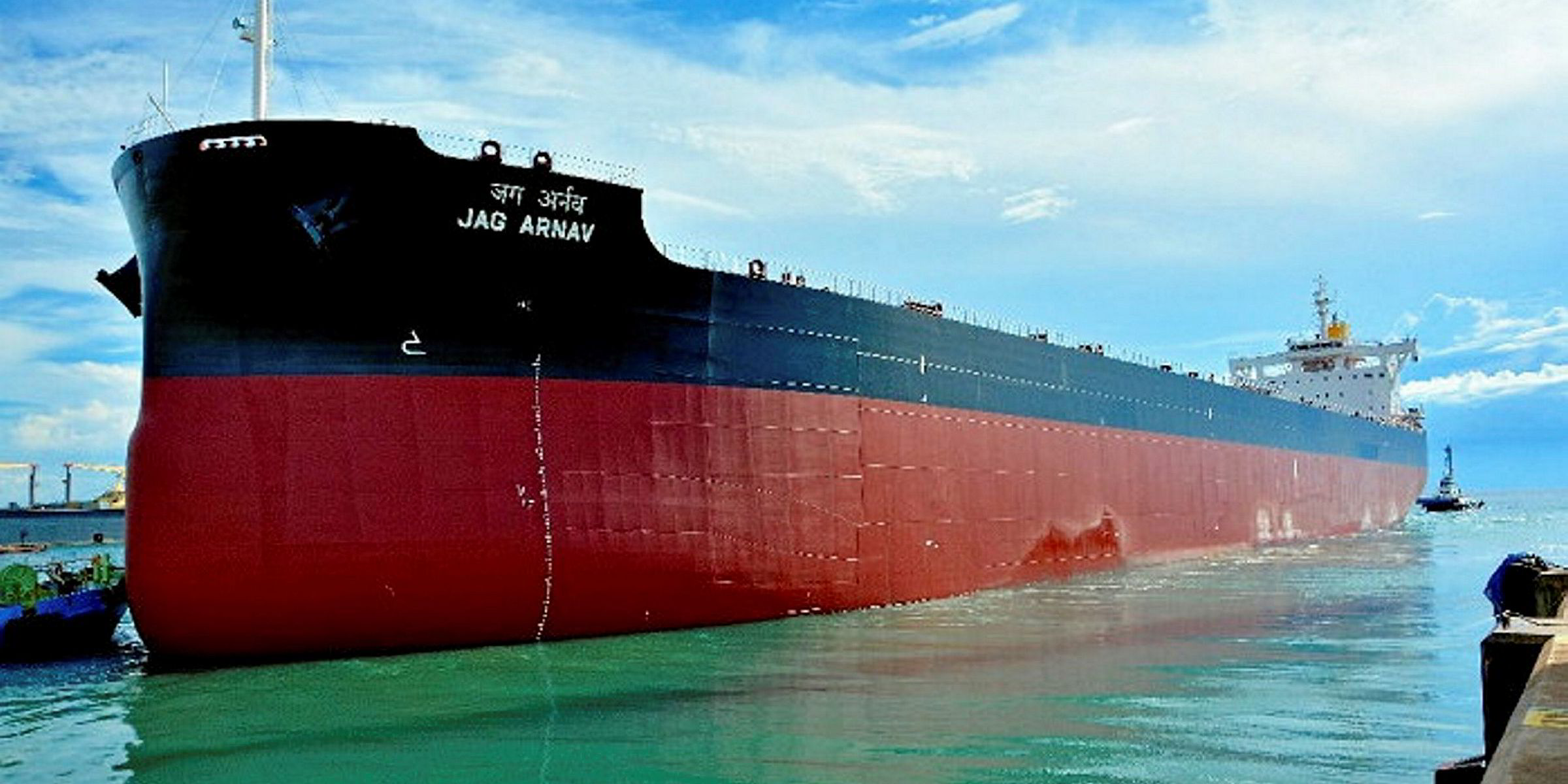Great Eastern boss Bharat Sheth has come out strongly against new Indian rules giving domestically built vessels priority for state cargo business.
He told Hindu Business Line that the right of first refusal (RoFR) policy is of no benefit to owners or shipyards because it is a retrospective measure.
The managing director said: "This...has come straight out of the blue.
"It says that Indian-built ships would get first priority in moving cargo for state-owned entities. I don’t think anybody in the local shipping industry has an issue with that except that it should be applied prospectively.
"If the government now say that it wants to give preference to a ship which was built in India ten years ago, how is that going to help Indian shipbuilding?"
He added: "If you have built a ship ten years ago and it is trading in India or anywhere else in the world, it would be given top priority. You may not even have placed the order originally, but just happened to buy the ship in the second-hand market. How does that encourage future Make in India?"
More thought needed
Sheth said the policy should have been better thought through.
"As it is proposed with retrospective effect, the new policy will impair the shipping industry without helping the shipbuilding industry. So, net-net you are a loser. No benefit for yards, while destroying value in shipping," he added.
"To say that we don’t need an Indian shipping industry is just shocking.
"I can’t think of a single maritime nation with this volume of trade - we have got a billion tonnes of trade a year roughly - taking such a position. Security is one big argument why every nation should have its own national fleet, but we are a trading nation and we don’t need to own ships?"
Sheth also objected to Indian owners having to match the lowest rate quoted by a foreign owner in a tender.
"In matching, the Indian ship cannot be even one cent more expensive," he said. "How can this result in higher freight rates? This is again a policy which helps the industry in India, at no extra cost to the customers.
"Who benefits from the removal of such a policy? No one. In fact, we have data to show that whenever there is no Indian ship participating in a tender, the foreign ship charged a higher rate.
"You own a ship, employ Indians, pay taxes in India and somebody has in-chartered a foreign ship and both are treated equally. This is a ridiculous situation. You cannot treat ownership equal to in-chartering."
Referring to increase cabotage protection in other countries, he said: "That’s how they build fleets. India is just not bothered. Everybody else is trying to bring in greater and greater restrictions. Instead of asking for reciprocity, we are going in the opposite direction – we are opening-up while other economies are shutting down market access."






